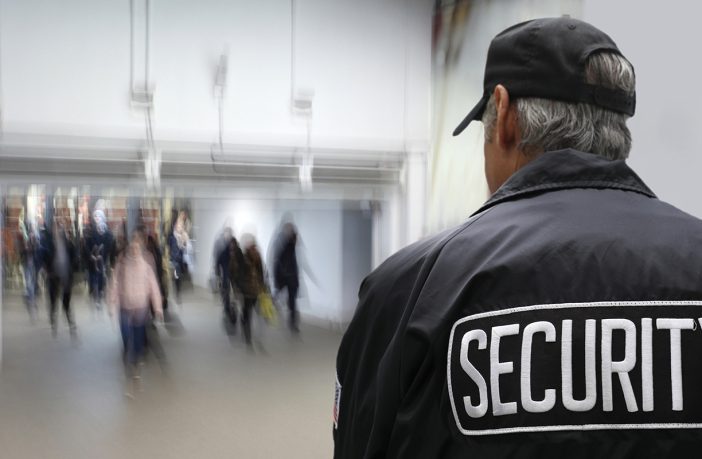Governor Kathy Hochul today announced the approval of 59 Smart Schools Investment Plans focused on reimagining education in an evolving age and boosting school security. The approved plans, totaling $27 million, are part of the $2 billion Smart Schools Bond Act, a sweeping education technology program.
“Providing our students the opportunity to learn with cutting-edge technology is essential to prepare them for to the workforce of the future,” Governor Hochul said. “These investments not only provide a safer learning environment, but will give our students a greater understanding of the utilities available to them in the world they will graduate into.”
The Smart Schools Review Board met today for the 21st time to consider investment plans submitted by school districts and special education schools. The Board is composed of the New York State Budget Director, the Chancellor of the State University of New York, and the Commissioner of the State Education Department.
The plans approved by the Board were submitted by 53 school districts and two special education schools. Projects include $21 million for high-tech security, $4.4 million for classroom technology, $1 million for prekindergarten classrooms, $604,000 for school connectivity, and $37,000 for nonpublic schools’ classroom technology and school connectivity. A summary of the plans is available.
The investments authorized will help ensure student safety and modernize classrooms statewide.
High-tech security tools supported by the Smart Schools Bond Act include entry control systems, video systems, and emergency classroom notification systems. These upgrades will enhance the safety of New York schools, helping to ensure that students are able to learn in a secure environment.
New technology purchases supported by the Smart Schools Bond Act include computer servers, interactive whiteboards, tablets, desktop and laptop computers, and high-speed broadband and wireless connectivity. These tools empower students to individualize their learning, expand opportunities for learning both inside and outside the classroom, and promote parent-teacher communication.
Division of Budget Director Blake Washington said, “The Smart Schools Bond Act modernizes outdated classrooms and also enhances school safety. By continuing these investments in IT infrastructure and technology in our schools, our students will grow and develop in the digital age safely.”
Department of Education Commissioner Betty A. Rosa said, “For nearly a decade, schools across the State have benefitted from the resources provided by the SSBA — and the plans we approved today will help even more districts as they address the rapidly changing technology and security needs of their students and educational communities. Technology enhancements have been a real game-changer for New York’s teachers, students, and families. Innovative technologies can foster improved teaching and learning and make our schools safer as well. Tomorrow’s groundbreaking technologies will be created by today’s students, so let’s continue to give them the tools and resources they need to lead us into the future.”
SUNY Chancellor John B. King, Jr. said, “Preparing students for success requires access to technology that helps them learn and opens doors to future possibilities. The Smart Schools Bond Act provides equitable access to advanced technology that enables New York students to be better prepared for their education and careers.”
In 2014, New York State invested $2 billion in its schools through a Smart Schools Bond Act—an initiative to finance educational technology and infrastructure, providing students access to the latest technology and connectivity needed to succeed and compete in the 21st century economy. New Yorkers agreed, as the voters authorized the Smart Schools Bond Act that November.
Following the proposal of the Bond Act, the Smart Schools Commission was established to gather information on strategies for how schools can most effectively invest the bond funds. This advisory commission recommended a focus on expanding robust broadband and wireless connectivity and utilizing transformative technologies. The plans approved today by the Smart Schools Review Board reflect many of the best practices identified by the Commission.














